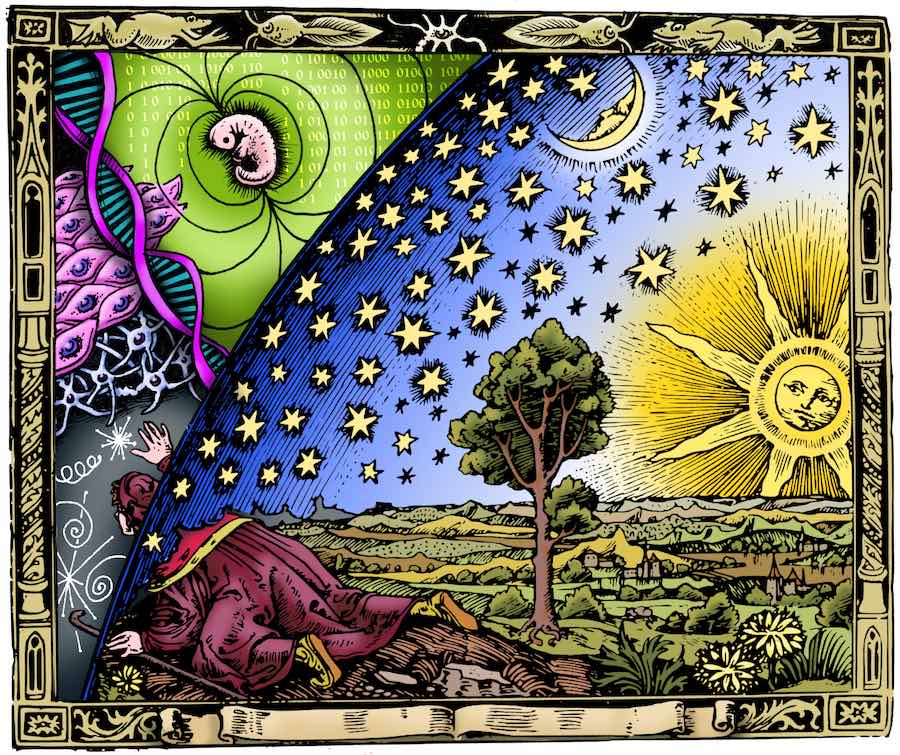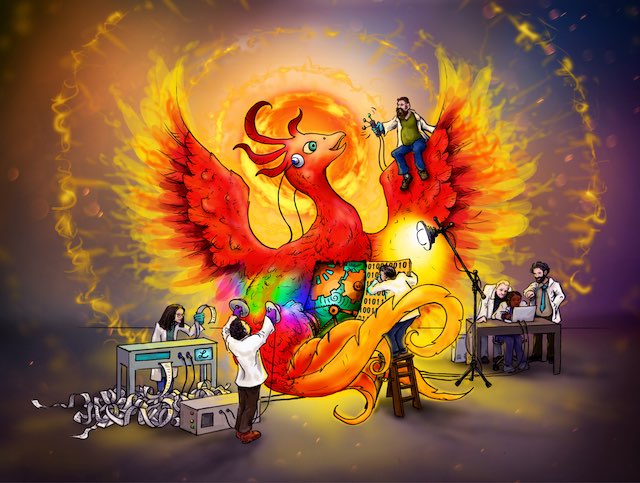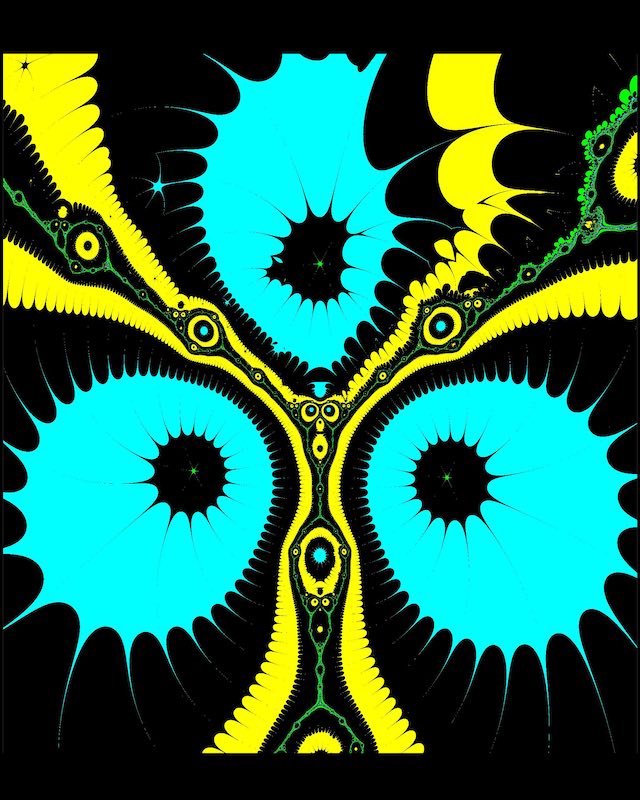New Directions in Levin Lab Research

Image credit: after the Flammarion woodcut, by Jeremy Guay
Conceptual
- quantitative enabling definitions of goal-directed activity and protocols for identifying and re-writing goals in vivo
- continuum of agency (independent of substrate or origin story) - the TAME framework
- observer-dependent models such as polycomputing
- applications of paradigms such as active inference, causal information, and others for the cognitive light cone model
- strategies for top-down control of (and communication with) cellular swarms
- novel ethics frameworks for relating to diverse intelligences of unconventional composition and provenance
Computational
- tools for AI-enabled bioinformatics of shape
- software models of scaling of cognition across problem spaces
- predictive environments for bioelectrical modeling
- platforms for training pathways and inferring stimuli for GRN reprogramming
- simulation frameworks for understanding how the process of natural evolution designs with agential materials
- evolutionary models of scaling cognition, and of proto-cognitive competencies effects on evolutionary process
- AI for design of biological robot properties
Biological
- cracking the bioelectric code (mapping of voltage prepatterns to anatomical behaviors of cell groups)
- investigating proto-cognitive capacities of biobots, chimeras, and hybrots
- characterizing what cells and tissues can learn, and how that information moves throughout the body
- characterizing generic, novel problem-solving abilities of evolution and its products (beyond direct selection)
- identifying high-level triggers of morphogenetic subroutines for inducing complex regenerative outcomes
Biomedical
- detecting, preventing, and reprogramming cancer bioelectrically
- induction of limb and other organ regeneration
- repair of birth defects using bioeletric strategy designed by computational platforms
- design of stimuli for changing behaviors of transcriptional and other drug pathways in vivo
Engineering
- novel biorobotics made of frog skin and other types of cells
- new AI algorithms based on non-neural types of biological intelligence
- living controllers for robots in 3D and other problem spaces



